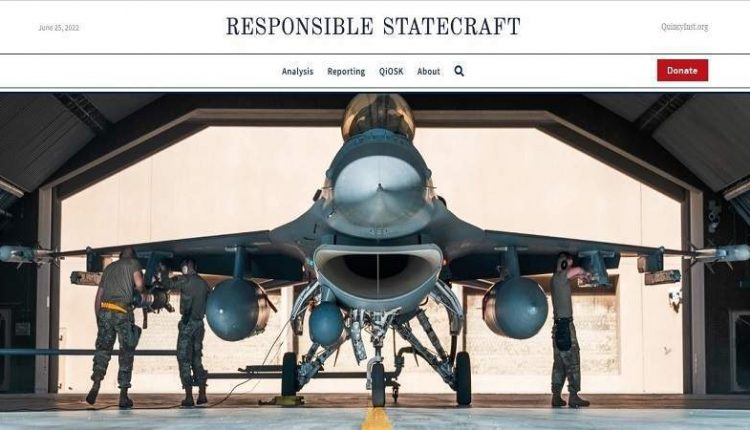While it is a Fact, US Officials Still “Don’t Know” If US Arms Used to Kill Yemeni Civilians
The State and Defense Departments failed to thoroughly investigate and “don’t know” whether the Saudi-led coalition in Yemen used American-made weapons in attacks that killed civilians. What’s perhaps more revealing about the GAO’s assessment is that it shows the militaristic mindset and poor judgment that got the United States into this strategic and humanitarian nightmare in the first place are alive and well inside the executive branch.
For years, Congress has attempted to get straight answers from the executive branch about how involved the U.S. national security state has been in Saudi Arabia and the UAE’s military intervention in Yemen that began in March 2015.
Eventually, through compromises — like H.Res.599 that put Congress on record acknowledging U.S. military involvement in the war in Yemen for the first time, and activism-driven wins, like building bipartisan majorities to lead unprecedented votes against U.S. military involvement — oversight has revealed the complicated web of ways the U.S. military was or remains engaged in the Gulf monarchies’ war.
Indeed, this new GAO report resulted from Rep. Ro Khanna’s amendment to the Fiscal Year 2021 National Defense Authorization Act. The GAO — an independent government auditing agency — reviewed what forms of material support, and their impact, the State and Defense Departments provided to the Saudi-led coalition through the end of 2021. It also reviewed the agencies’ compliance with existing U.S. law, including another previously passed Khanna NDAA amendment requiring the Pentagon to review credible allegations of U.S. military or intelligence personnel involvement in the disappearance and torture of Yemenis by Emirati, Emirati-affiliated, and Yemeni security forces in the south.
Among other issues, the GAO found that both the State Department and the Pentagon could not say whether U.S.-made armaments have been used in Yemen without authorization or in violation of international law. It also found that these agencies did not effectively track Saudi, Emirati, or their proxies’ use of U.S.-provided military assistance, and it could not provide any evidence that it had meaningfully investigated allegations of apparent war crimes using U.S.- provided weapons.
The answer is not that the Pentagon doesn’t have the capacity or the resources to be tracking this assistance or performing more effective end-use monitoring. It’s because the underlying goal of these programs that transfer military assistance is, as some experts have observed, to offer “the putative promise of bolstering deterrence in great power competition, improving access to and influence over foreign partners, and enhancing the effectiveness of partner militaries.”
In other words, they’re meant to be a tool to maintain global U.S. military dominance, not reduce civilian harm.
Source: Responsible Statecraft website

